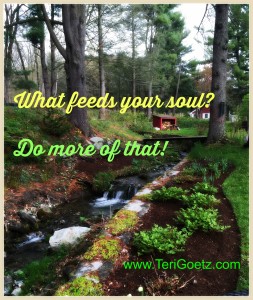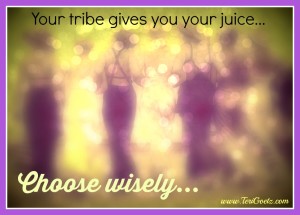
Self-care. I used to think self-care was about having the time to spend a day at the spa every week or going on a vacation. I got that on some level you had to take care of yourself – but having daily time to really decompress and/or do something you loved just to feed your soul felt elusive, even luxurious, for a busy mom. Then I realized, no. Self-care is for everyone, every day, if possible, even working moms with “no time to spare” and in fact especially for anyone who is stressed out and, as a result, in declining mental and physical form.
In fact, the way to avoid being stressed out and in declining mental and physical health is to practice self-care daily!
What is self-care, exactly?
Self-care is paying attention to all of your needs—physical, emotional, spiritual, and mental. From the more obvious, like getting adequate sleep and healthy nutrition and exercise, to the less obvious… like time to yourself. Even just a few minutes a day to recharge.
Rule number one—whatever it is for you, to be genuine self-care it cannot involve guilt!
Why is self-care so important?
Science explains that the brain waves of daily (stressed-out) life are the beta waves. They tie your brain into knots. The more soothing alpha waves—the ones you experience just before falling asleep, for example—untie those knots. You can create alpha waves by meditating, practicing visualization, or just taking a walk where you don’t let yourself worry or think about work.
Some proven benefits of self-care:
- Improved efficiency
- Greater calm
- More patience
- Less resentment
- Being a better version of yourself
A habit of self-care not only helps you through a crisis, decreases your overwhelm, allows you to be more effective in daily life, but it also sets a good example for your children. Do you want them to learn how to care for themselves or emulate a driven, stressed-out workaholic consumed with guilt and resentment? See what I mean?
How do you make the shift from poor or non-existent self-care to a daily habit?
One step at a time. I’d suggest that you start with sleep. Since your brain detoxifies at night, when you are sleep-deprived (meaning fewer than 7 hours of sleep), those toxins don’t get cleaned out and you feel more brain-fog and wake up in a state of stress before the day even gets started. Next, look at exercise and nutrition. (Refer to my many blogs about how healthy eating can create health.)
Build good self-care habits by deciding what brings you joy. What relaxes you or fills you with happy, giddy, excited hormones (instead of the scary stress hormones like adrenaline and cortisol)? Ask yourself, “Is there one thing I’d like to incorporate into my life for ME?” It could be massage, long walks, daily meditation, an adult coloring book, dance classes, making love, reading a novel, having an extra ten minutes to lie in bed before you have to wake up– – anything that you love and that helps you.
When should this shift to self-care happen?
Don’t pass GO. Start now. There is no time that is not the right time to take care of yourself.
It’s easy to neglect yourself at certain times of life (or all times of life) because you are
- A mother
- Working hard at a challenging job
- Working two jobs
- Starting a business
- Moving
- In a new relationship
- In a bad relationship
- Trying to keep a relationship healthy
- Taking care of aging parents
- The many other things that make demands on you
- All of the above
But when you do not prioritize yourself, all of those things you are trying to do and juggle you do less well, with decreased positive outcomes, more stress and frustration, and at great cost to your overall health. So even though it seems impossible… you need to take care of yourself. Or what good are you?
Start slowly and steadily to create good self-care habits and you will reap the benefits forever.



